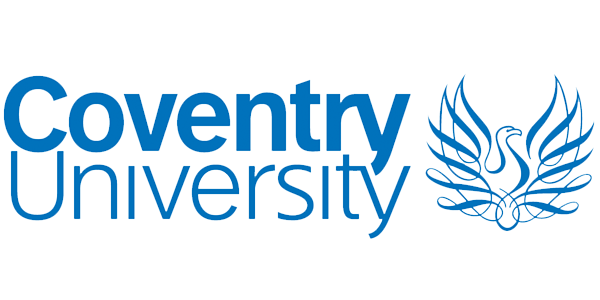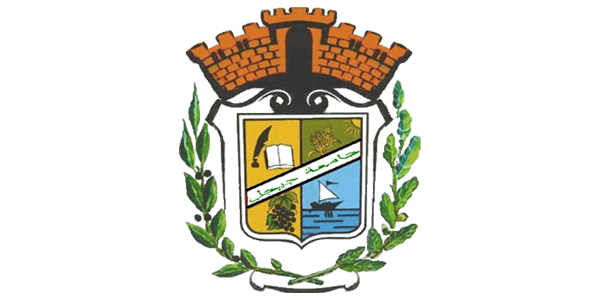As part of our training with Sustainability Leadership Kosova, a major focus of the discussion has been around the traits, qualities, types and forms of leadership. In continuity of the programme, an online workshop was organized early October 2021. During this, participants were asked to consider which Algerian leader most inspired them. Whose experiences and achievements have helped them to reach their own potential, to engage in reflections about the future, to protect their local environments or to innovate and create new models for sustainability in Algeria?
Surprised by the number of inspirational leaders from across different sectors, we asked for short extracts about those sustainability leaders. Benchmarking such examples might enable us to perform more, in groups or as individuals, on impact-driven projects.
Sporting and Social Media Leaders uniting and mobilising young people
Once again, Djamel Belmadi, the Algerian national football coach came up as a role model for effective leadership. His commitment, strategic insight, inclusivity, and courage were mentioned as key components of his leadership through which he has brought the Algerian team success, and hope to all Algerians who feel a part of that achievement.

Younes Drici Tani was also highlighted as a successful young Algerian who has had global impact on the environment. His #trashtagchallenge on social media, using ‘before and after’ photos of his own individual actions to clean up local neighbourhoods, went viral with over 330,000 shares. Prior to gaining international recognition, Younes had been carrying out ecological actions in Algeria, for nearly 10 years, to raise awareness, especially among the youngest in schools.
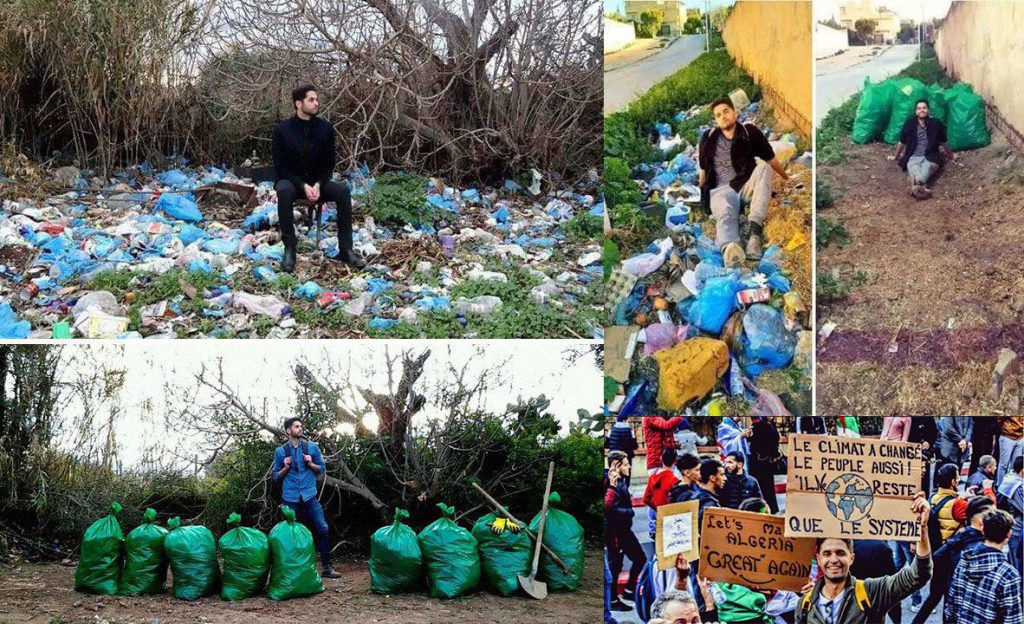
In his TEDx University of Tlemcen talk in 2020, he spoke about the importance of an image, a model and an action. Action brings us hope, and as such, even individual actions will always make a difference. According to Younes, “leading by example, we should always give the best of ourselves and act.”
Personal inspiration
Personal heroes were also important however. One participant, Soumia, indicated that her father who sadly passed away this year, was for her the most important leader. His ability to inspire confidence, trust, and support her unconditionally in all her endeavors, including successfully launching her own film company and conducting a PHD demonstrated leadership at the most powerful and human level. Humility and the capacity to mobilise others were important characteristics which should not be overlooked.
When speaking with Jessica Northey, PI of the Youth Futures programme, she also told us of the personal inspiration she gained from her boss in Algiers, Assia Harbi.
Mme Harbi was someone who united us all as a team. She could communicate our project so well, either in reports or to other stakeholders, and she had everybody’s trust and respect. Her leadership inspired us all to give our very best and ensure our project, which was about supporting Algerian development associations, would have a lasting impact.
Jessica Northey, PI, Youth Futures programme
Leadership for the environment
Karim Khima: an Algerian environmental activist and leader of “El Ardh”
Nature defenders and environmental activists were also hugely influential and inspiring leaders. In Bejaia city, Algeria, Karim Khima, is well known to local citizens who are proud of him, acknowledging his sacrifice to defend the environment and cultural heritage of the city. Karim holds a Master’s degree in Biology and he is the founder of “El Ardh” or “Earth”, an association he created for the protection of the environment. Karim’s focus is on stopping the spread of construction projects, mainly illegal ones that have destroyed the woods and the green spaces of Bejaia.
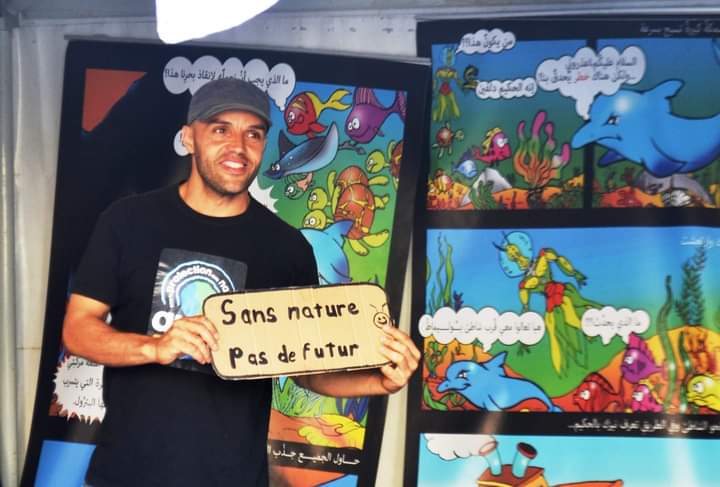
Karim and his fellow activists fought to keep the land a safe, green and clean place for both animals and people. He is active on social networks, to spread awareness about the importance of protecting the environment, where he also shares his thoughts and plans with his community. He is known for his famous phrase, “nature is hope”, and, above all, for his spontaneity in reacting against injustice.
His sacrifice has been significant, with the so called “land mafia” pursuing him, resulting in Karim being sentenced several times by law, for up to six months prison and significant fines. Karim could always prove his innocence however thanks to the committee of the defense of freedom (CDF), which consistently supported him. Karim stood strong against those who targeted him and never gave up his defense of nature. He confidently delivered speeches via Berber TV and other Amazigh channels reiterating his determination and resilience to keep up his environmental campaigns.
Working group leader, Souad emphasized how;
Karim and his fellow activists continue to raise awareness about the environment through practical action and regular activities, initiating voluntary groups working with schoolchildren to clean up the beaches and the forests of the city. Karim is a caring and powerful leader who strives to return to the city of Yemma Gouraya its green-ness, nature and nobility.
Souad, working group leader, sustainability leadership training
Leadership for sustainable business
In a different sector, Slim Othmani is an Algerian business leader with great influence. Having a computer engineering background, specialized in networks, Slim did his higher education in Tunisia, at the Faculty of Sciences of Tunis and at the Mediterranean School of Business of Tunis.
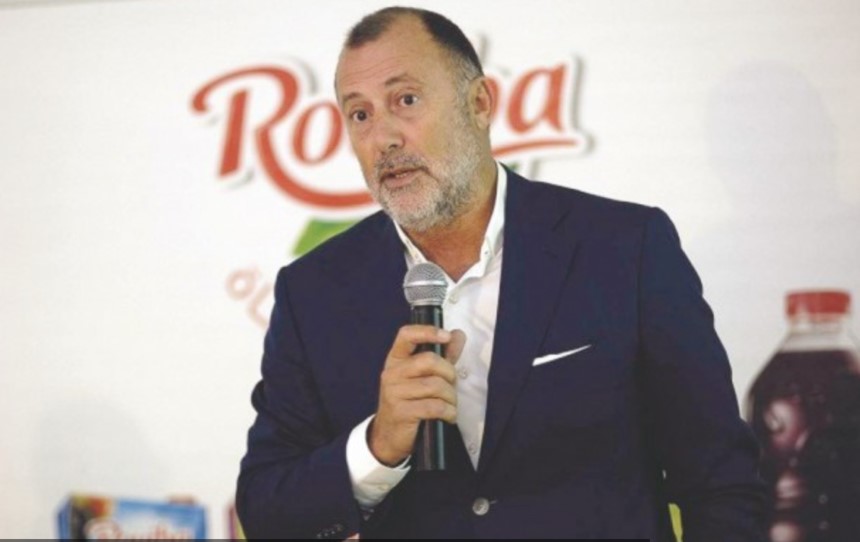
Having three nationalities, Algerian, Tunisian and Canadian, Slim is an entrepreneur active internationally. He invested in a Canadian start-up “Alis Technologies” back in 1991, a risky move at the time, placing him in the vanguard and demonstrating his passion for innovation. Later, as Director of Operations for Fruital-Coca-Cola, he gained experience in a multinational company that helped him develop a clear vision and business ethics. In an interview in 2018, he stated “My main objective is to lower the fear level of my collaborator.”
His international experience lead him to be nominated in 1999 as the General Manager of the company founded by his family NCA-Rouiba back in Algeria. NCA-Rouiba was created in 1966 by his grandfather post-Independence and is a renowned Algerian fruit juice producer. In 2010, Slim became Chairman of the Board of Directors. During his mandate, he has sought out more sustainable practices and in 2003, he created the “Cercle d’action et de réflexion autour de l’entreprise” (CARE) 3, which he has chaired since 2012. This body seeks to strengthen the private sector in Algeria more widely through cooperation, research and development.
Slim equally invested in civil society, youth entrepreneurship, training and representative organisations in Algeria and internationally. He founded the Algerian Beverage Producers Association (APAB), as well as acting as President of Injaz El Djazair, a successful youth and entrepreneurship association in Algeria with connections across the Maghreb and wider region. Injaz has trained thousands of students and young people to design their own projects and businesses. A founding member of the Algerian governance Institute Hawkama El Djazair, Slim was also a founder of the Maghreb Economic Forum (MEF) based in Tunisia contributing to change and transformation at national and international levels while representing Algeria on global platforms.
Learning from Leaders
Alongside these inspiring leaders, the experiences of associations and young leaders we have engaged with over the last months equally demonstrate the ambition, passion and engagement at multiple levels to protect the environment and promote sustainability. We have learnt about actions to support behavioural change and raise awareness about the risks of not valuing the natural world, the rich biodiversity of Algeria’s incredible and precious ecosystems.
From protecting wetlands in Sahara, to preserving traditional sustainable farming practices in oases, to recycling plastics in a circular economy model, to tree planting and engaging young people in activism, the range of examples is impressive. Learning from nature, with initiatives in biomimicry gaining increasing recognition in the UK, we can also learn from our own leaders, and as Karim indicates, restoring nature can give us hope.
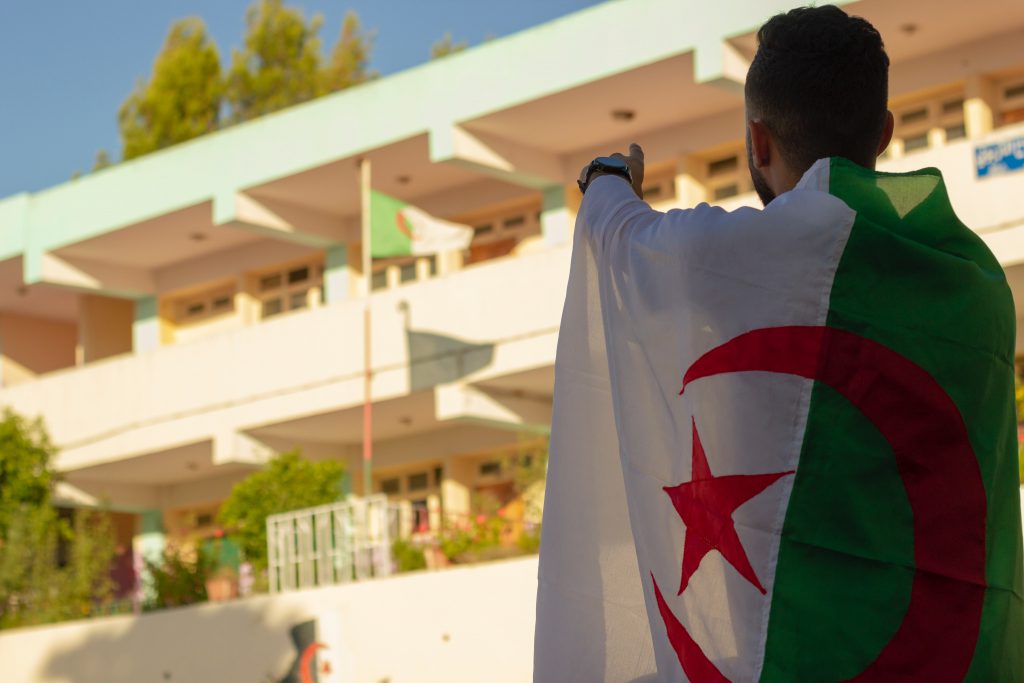
Photo by Nasro Azaizia on Unsplash

